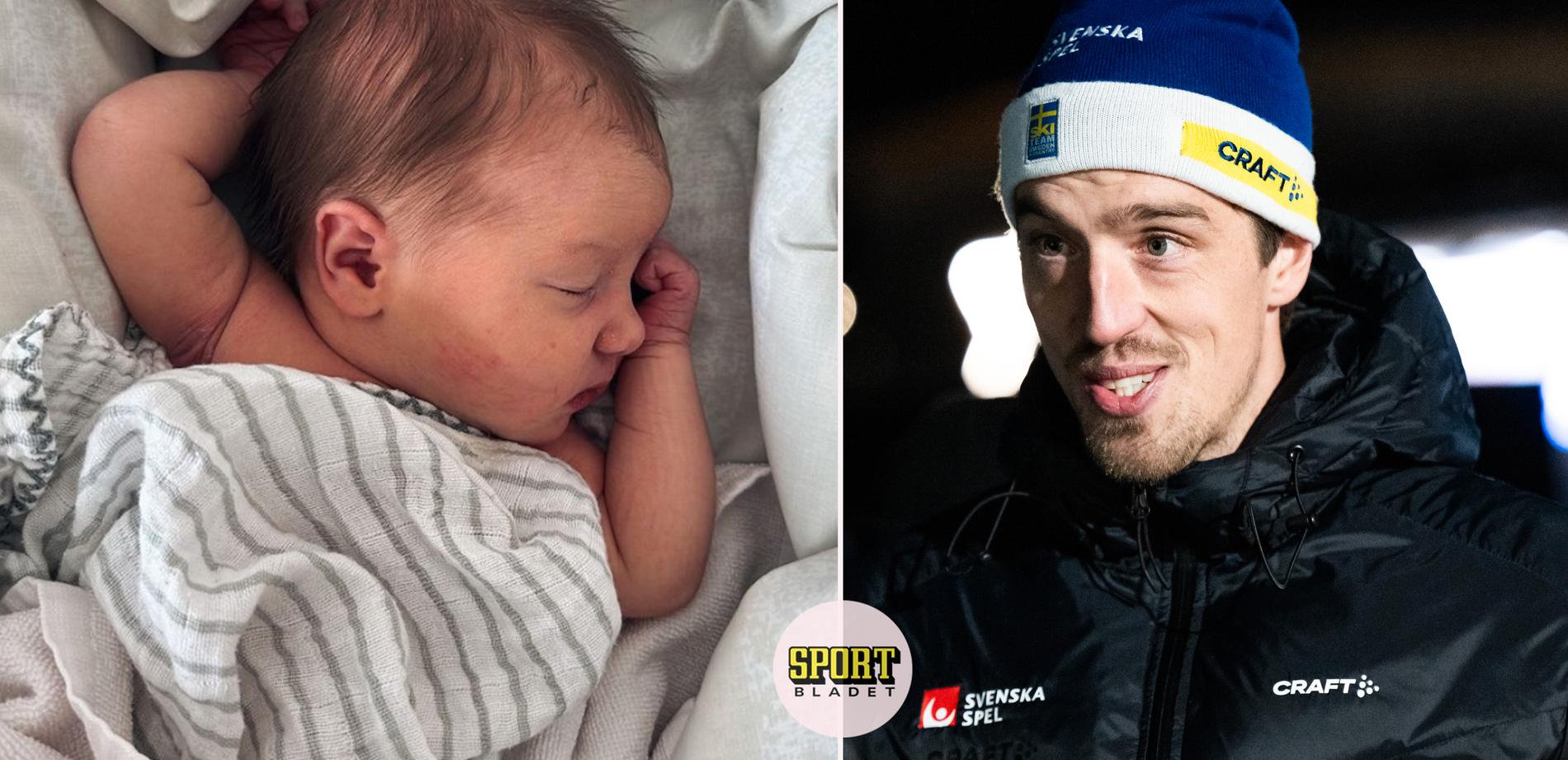Israeli Pavilion Delays Opening at Venice Biennale in Allegiance to Gaza
By [Your Name]
In a remarkable demonstration of solidarity, the artist and curators representing Israel at this year’s Venice Biennale have decided to postpone the opening of the Israeli pavilion until a cease-fire is declared in Gaza and an agreement is reached for the release of hostages seized by Hamas on October 7. The opening of the Biennale contemporary art fair is expected to take place this Saturday, with the Israeli pavilion amongst the national participants.
The curators, together with the artist, have posted a sign in the Israeli pavilion’s window, emphasizing their stance in the wake of escalating violence. The decision has been hailed as courageous by the festival’s main curator as it highlights the critical situation faced by the Palestinians in Gaza, as well as the anguish endured by the relatives of hostages in the Hamas attack on Israel.
A Stand for Humanity
The Israeli pavilion, an important fixture within the Venice Biennale, was built in 1952 and has been a recognized representation of Israeli art for decades. However, this year the artist Ruth Patir has titled her exhibit “(M)otherland,” and in light of the ongoing conflict, Patir and the curators have opted to postpone the exhibition’s opening.
Thousands of artists, curators, and critics had already signed an open letter calling for the exclusion of the Israeli national pavilion from this year’s show, using the platform to protest Israel’s actions in Gaza. Despite these objections, Italy’s culture minister voiced firm support for Israel’s participation. Consequently, heightened security measures have been implemented at the fair’s opening.
Patir, in her statement, conveyed her objection to cultural boycotts but expressed the difficulty of presenting art that addresses the vulnerability of life amidst the current crisis. The curators, Mira Lapidot and Tamar Margalit, highlighted the horrific war in Gaza as the reason behind the decision to delay the opening, with hopes that conditions will soon change.
Reactions to the Decision
Adrieno Pedrosa, curating the main show at the Biennale, praised the courageous decision of the Israeli pavilion’s curators and artist. Pedrosa acknowledged the complexities of presenting art in the current strained context.
The presence of Palestinian artists and their works at various events in Venice, including Pedrosa’s main show titled “Stranieri Ovunque — Foreigners Everywhere,” underlined the diverse perspectives on display. Notably, due to visa restrictions, one of the Palestinian artists, Khaled Jarrar based in New York, was unable to physically attend the Venice event.
The Venice Biennale has a history of reflecting geopolitical tensions, such as the exclusion of South Africa during apartheid and the withdrawal of Russian artists in protest. The war in Gaza erupted following a cross-border attack by Hamas and Islamic Jihad militants, creating a devastating toll on the lives of Palestinians, with a warning of imminent famine in northern Gaza by the United Nations.
A Shared Vision for Change
Through their decision, the artist and curators of the Israeli pavilion intend to demonstrate their solidarity with the hostages’ families and the Israeli community demanding change. As the art world converges in Venice for the prestigious Biennale, the exhibition’s delay has brought attention to the pressing humanitarian crisis unfolding in Gaza.
While the Israeli pavilion awaits its official opening, a video work produced by Patir remains visible through the pavilion’s window.

